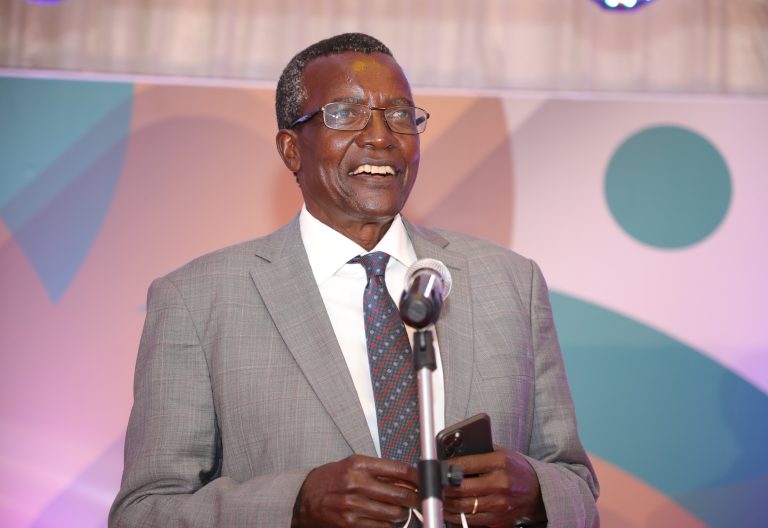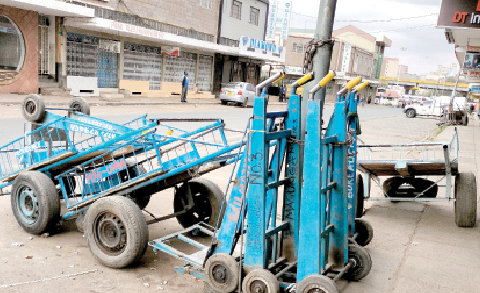Businesses feeling the heat of Presidential election tiff
By Herald Aloo, August 17, 2022The likelihood of Kenya’s presidential elections being challenged in Supreme Court following a split among electoral commissioners and alleged election malpractices is putting additional uncertainty on investors and businesses still battling Covid-19 economic downturn.
William Ruto narrowly won the hotly contested presidential polls with 50.49 per cent of the vote, beating his closest rival, Raila Odinga, who garnered 48.85 per cent of the vote. Until yesterday, businesses across the country still reported reduced activities since the end of voting one week ago as Kenyans remain nervous of the next course the political environment will take.
Businesses across various sectors within Nairobi Central Business District (CBD) have either shut or reduced operation hours to prevent theft and damage of their assets in the event of violence and unrest that has often characterized Kenya’s elections.
Street protests
Slight street protests were witnessed on Monday night following the announcement of presidential results but the situation has seemingly stabilised. A prolonged campaign is likely to erode investors’ confidence and the overall economic growth optimism that the private sector anticipated in the three months after elections.
Kenya Private Sector Alliance (Kepsa) decribed peace as the cornerstone for a thriving economy and business environment.
Chief executive officer, Carole Kariuki said the legal option taken by the aggrieved party to go to court is encouraged, adding:” We look forward to it being conducted in a peaceful environment. The business community has confidence in this country and in its Justice System.” Historically, there has been a slowdown in business every election year and 2022 hasn’t been different despite a relatively peaceful campaign period.
Analysts reckon that any appeal and a run-off will be viewed negatively and have a bear on investors and businesses until the heightened political tensions completely cool off. “Actually, I think most investors will see through the appeal to the Court. I incline to the view that any such appeal would be viewed as malafide and that therefore savvy investors will see it as frivolous and act accordingly,” says Aly-Khan Satchu, an investment and financial market expert.
Markets slightly changed amid election results jitters but most of the top counters gained at the Nairobi bourse. At yesterday’s close, Nairobi Securities Exchange (NSE) market capitalisation increased marginally to Sh2.29 trillion, compared to Monday’s Sh2.28 trillion on the back of a cautious note by analysts.
Volume of shares moved declined by about 18 percent by the end of yesterday’s trading. The country’s current economic condition is facing historic-high and rising inflation rate, widening foreign trade deficit, unemployment, and public debt burden, arising from Covid-19 and fall out from the Russia-Ukraine conflict.
The seemingly fresh political uncertainty is set to exacerbate the economy, especially small businesses that were the hardest hit during the pandemic.
Economic activities
“There will continue to be a slow grind in business and economic activities due to disagreements over the results. However, there appears to be a markedly higher tendency of citizens to leave dispute resolution to politicians, rather than joining any protests,” notes Mihr Thakar, an economist. According to the latest Stanbic’s Purchasing Marketing Index (PMI), business activity fell sharply, and to the greatest extent in the last 15 months, with a similar picture signalled for new orders.
In both cases, volumes were subdued by uncertainty around the upcoming election, plus inflationary pressures which deterred customers from committing to new projects.
More Articles

